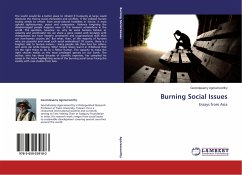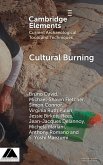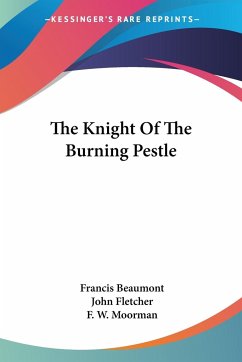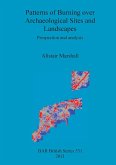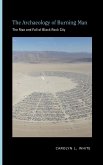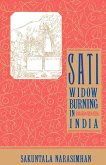The world would be a better place to inhabit if humanity at large could eliminate the thorny social animosities and conflicts. If the civilized human society needs to refrain from socio-cultural hostilities in future, it must uphold righteousness, peace and compassion. Violence targeting the disadvantaged people happens even at this moment somewhere in the world. The question, however, is why do some humans behave so violently and unethically? Do we share a gene coded with brutality with chimpanzees but have modern armaments and organizational skills than our non-human cousins do? But what, then, of the majority of humans who are peaceful and avoid such social wickedness? Of course, there is a brighter side to human nature- many people risk their lives for others, and some die while helping. Why? Simple lesson learnt in childhood that it's the right thing to do to a fellow human. The capacity to make the right choices makes us the most privileged species on our Earth. The author,who has three decades of scientific expertise, has compiled his essays in this book highlighting some of the burning social issues facing the society with case studies from Asia.
Bitte wählen Sie Ihr Anliegen aus.
Rechnungen
Retourenschein anfordern
Bestellstatus
Storno

